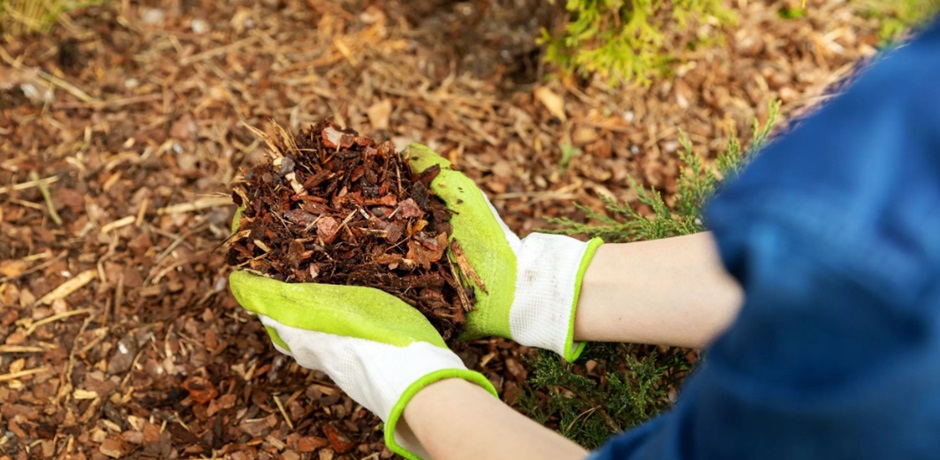The vibrant city of the Gold Coast is known for its beautiful beaches, stunning skyline, and lush gardens. For anyone with a green thumb living in this city, knowing how to properly care for their plants is crucial. One such important aspect is mulching. Whether you’re a seasoned gardener or a beginner, understanding the benefits and correct usage of mulch on the Gold Coast can significantly enhance your gardening experience.
The Importance of Mulch
Why Mulch Matters
Mulch plays a pivotal role in maintaining a healthy garden. It retains soil moisture, suppresses weeds, enriches the soil, and even enhances the aesthetic appeal of your garden. In a climate like the Gold Coast’s, where the summers are hot and winters mild, mulch helps in regulating soil temperature, protecting your plants from extreme weather conditions.
Types of Mulch
Choosing the Right Mulch
There are many types of mulch available, each with unique properties and benefits. Organic mulches like wood chips, straw, and compost enrich the soil as they decompose, making them an ideal choice for gardens. Inorganic mulches like gravel or pebbles don’t provide nutrients but are excellent at retaining moisture and controlling temperature.
Your choice of mulch should depend on the type of plants you have, your soil condition, and the weather.
Applying Mulch Correctly
Perfecting the Art of Mulching
Proper application of mulch is just as important as choosing the right type. A layer too thin might not effectively suppress weeds or retain moisture, while a layer too thick might prevent water from reaching the soil.
The recommended thickness for mulch is about 5-10 centimeters. It’s also important to leave some space around plant stems to prevent rot and disease. Remember, mulching is not a one-time task. As organic mulch decomposes and enriches the soil, you’ll need to replenish it periodically.
Mulching Mistakes to Avoid
Steering Clear of Common Pitfalls
While mulching offers numerous benefits, certain mistakes can turn this boon into a bane. Over-mulching or piling mulch against plant stems can lead to excess moisture, causing root rot and plant diseases. Using the wrong type of mulch for your garden can also have adverse effects. For instance, using a mulch high in wood content can deplete the soil’s nitrogen levels, affecting plant growth.
The Eco-Friendly Choice
Mulching for a Greener Tomorrow
Mulching is more than just a gardening technique; it’s an eco-friendly practice. By using organic mulch, you’re recycling natural materials and reducing waste. Moreover, mulching reduces water usage by retaining soil moisture, contributing to water conservation.
Where to Buy Mulch on the Gold Coast
Selecting Your Trusted Mulch Supplier
When it comes to buying mulch on the Gold Coast, there are plenty of options available. From large garden centres to local nurseries and online suppliers, you’ll have no trouble finding the perfect mulch for your needs.
It’s always a good idea to do some research before purchasing mulch. Be sure to choose a supplier that offers high-quality, sustainable options and has a good track record of customer satisfaction.
Conclusion
Embracing the art of mulching can truly transform your gardening experience on the Gold Coast. Whether you’re growing a lush lawn, a vegetable patch, or a flower bed, using mulch on the Gold Coast can help you nurture a healthy, vibrant garden while being kind to the environment. So, get your garden gloves ready, choose the right mulch, and let your garden thrive!
FAQs
1. What is the best time to mulch?
The ideal time to mulch is in late spring or early summer when the soil has warmed up, and after any weed control measures have been taken.
2. How often should I replenish my mulch?
Organic mulches need to be replenished every 1-2 years, while inorganic mulches can last for several years.
3. Can I use mulch around newly planted trees or plants?
Yes, you can use mulch around new plantings, but ensure that the mulch is not touching the stems of the plants to prevent rot and disease.

